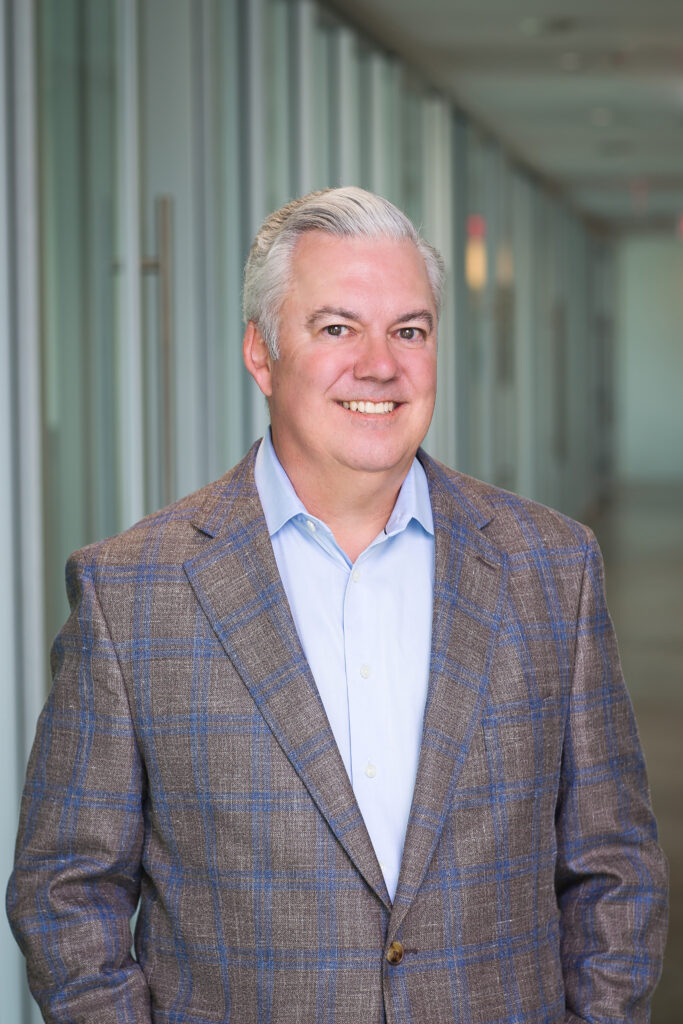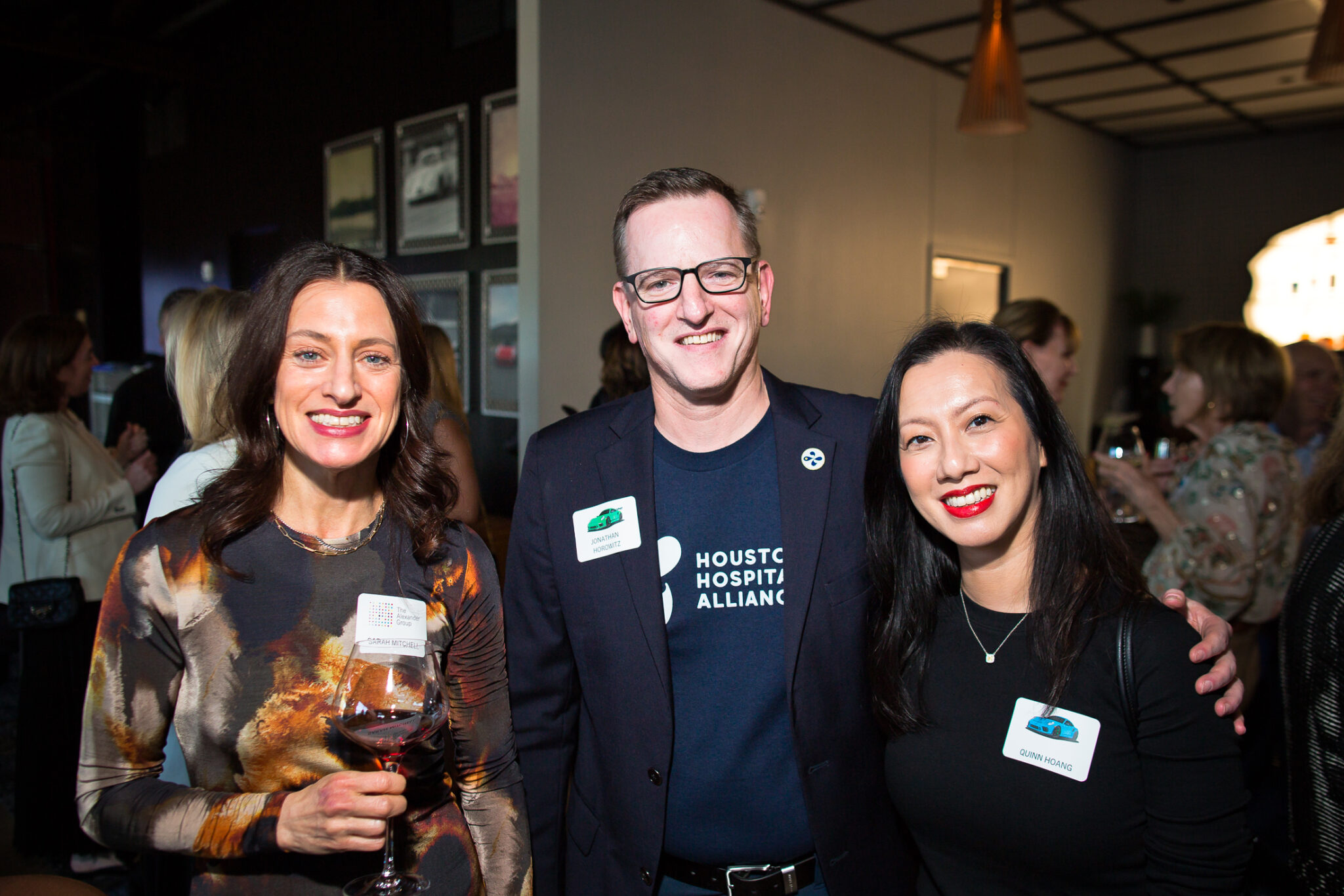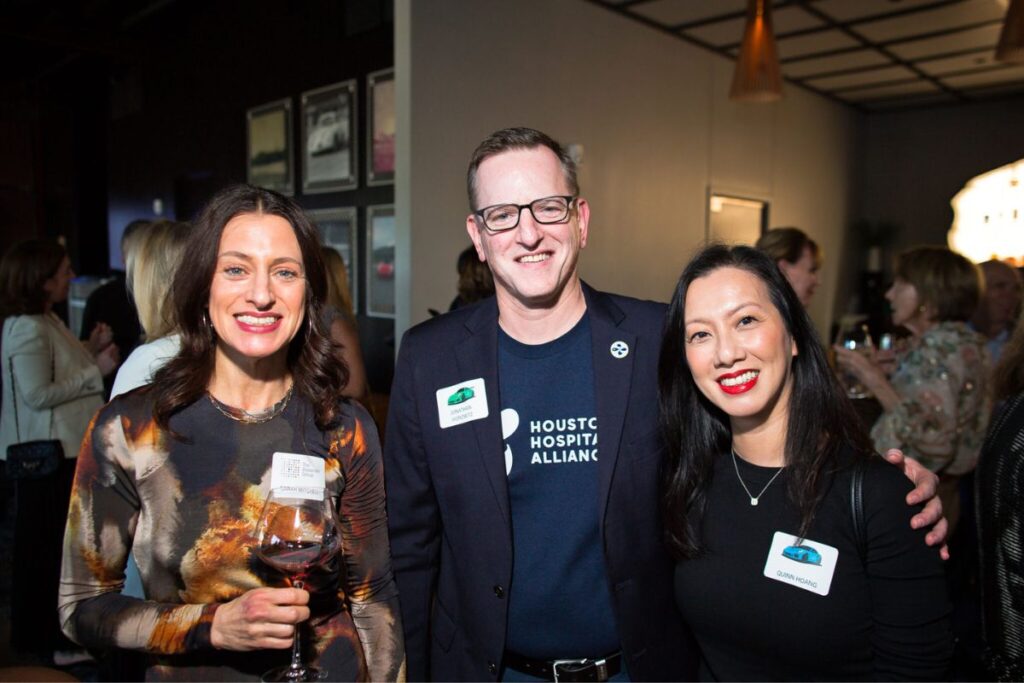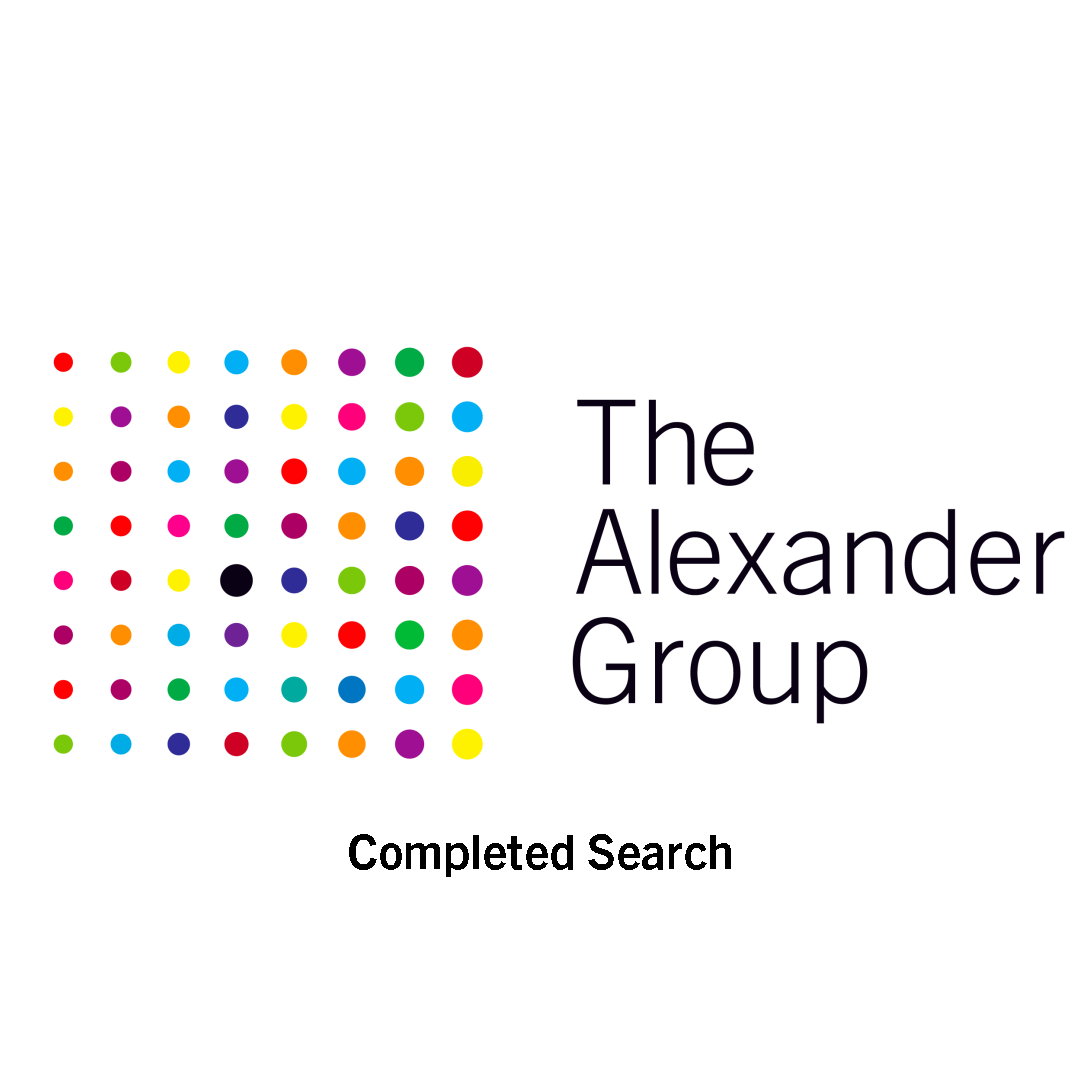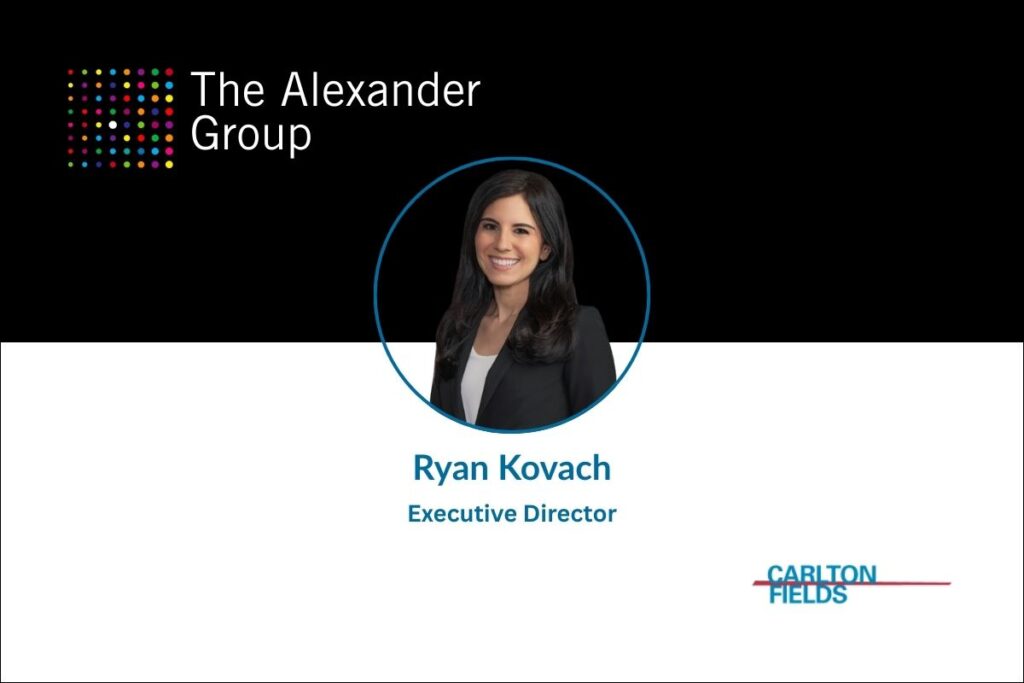The days of questioning the importance of Artificial Intelligence are over. Staying competitive and ahead of the curve means delving into AI from both leadership and technological perspectives, and knowing where to start is crucial. From boutique law firms to AmLaw legacies, AI is transforming how leadership approaches all aspects of law firm operations.
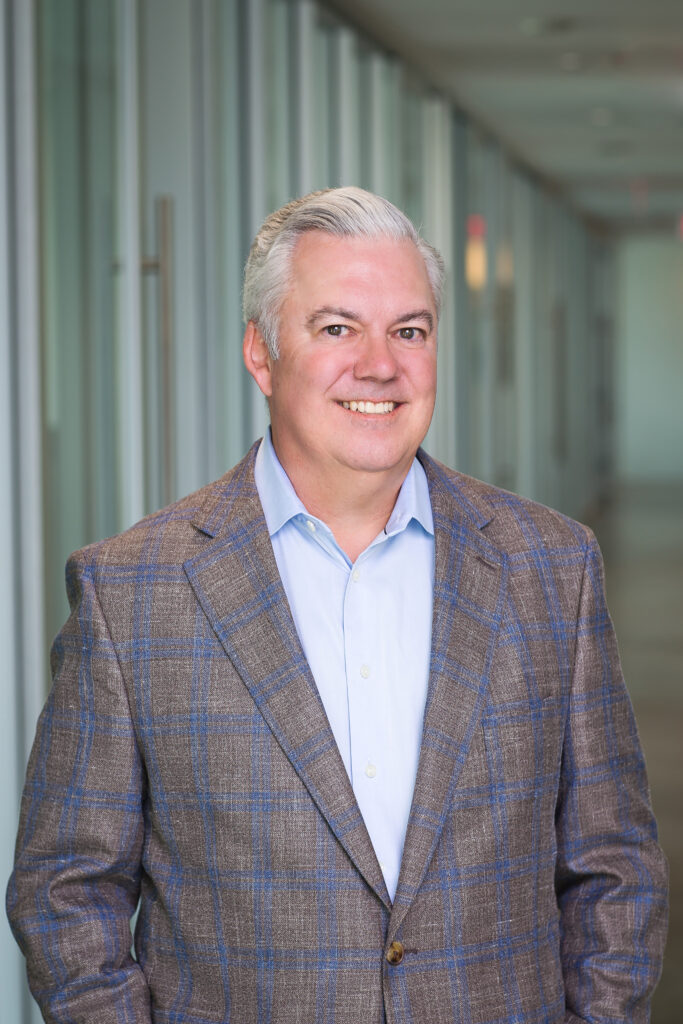
Rethinking Leadership Roles
Larger firms such as Cooley and Milbank are AI pioneers, establishing internal workflows and protocols, while also serving their clients’ AI needs. Smaller and regional firms are also adapting, incorporating AI into their practice and adding leaders to the executive roster to implement and execute AI. And while technology is intrinsically tied to AI, staying competitive requires executive talent with a broader, more adaptive skill set – prompting firm leadership to ask the following:
- Who should lead this transformation?
- Should that person have a JD?
- Where in the org chart do they belong—IT, strategy, operations?
Managing Director John Mann has his finger on the pulse of the fast-changing needs of boutique and regional firms, finding that AI leaders may not be who you think.
“What’s particularly interesting is that, more often than not, the person leading the AI function within a law firm comes from a legal background,” Mann said. “In my research and conversations, the consistent feedback is that it’s critical for AI leadership to have a legal background, typically a JD, or experience at another law firm. This isn’t about a Chief Information Officer simply implementing off-the-shelf AI tools. Law firms recognize that to remain competitive, especially midsized firms, they must strategically harness AI, because the larger firms are already doing so.”
Survey Says Yes to AI—But With Caution
A 2025 survey of more than 2,800 legal professionals by the Federal Bar Association tracked the changes in AI adoption by lawyers in firms of various sizes.
Respondents from firms with 51 or more lawyers reported a significant 39% adoption rate of generative AI. By contrast, firms with 50 or fewer lawyers had adoption rates at half that level, with approximately 20% indicating the implementation of legal-specific AI within their practices.
In the survey, respondents indicated that the bulk of AI usage falls into business operations, with 54% of legal professionals using AI to draft correspondence, 14% using it to analyze firm data and matters, and 47% expressing interest in AI tools that assist in obtaining insights from a firm’s financial data.
Thomson Reuters surveyed more than 2,200 legal professionals and C-level corporate executives regarding their acceptance and usage of AI and compiled the results in the 2024 Future of Professionals Report. Respondents have warmed to the technology, raising expectations for its use.
- 77% of respondents believe AI will have a high or transformational impact on their work by the next five years. That’s an increase of 10 percentage points over the 2023 report’s responses.
- 72% of legal professionals surveyed in the report view AI as a force for good in their profession.
- Half of law firm respondents cite exploring and implementing AI as their highest priority. In addition, they believe AI can help address other priorities, such as enhancing customer satisfaction and improving operational efficiency.
Despite the growing AI implementation, Mann finds law firm leadership is staying vigilant and intentional with AI use, especially when attorney-client confidentiality is concerned.
“The AI landscape is still the Wild West,” Mann said. “I recently had a conversation with a managing partner of a 50-attorney firm, and he said they have restricted the use of AI tools for client matters because of the potential breach of attorney-client privilege. Bottom line? They implemented a policy restricting the use of AI in any client matters.”
New Technology, New Strategies
Firms are looking beyond the IT department for the strategic role, prioritizing an executive’s legal experience and deep understanding of technology to drive efficiency, reduce billing bottlenecks, and enhance client outcomes.
Whether a firm labels the role Chief Innovation Officer, Chief Data and AI Officer, or Director of Innovation, there are consistent requirements for each, including 10 or more years of experience in legal operations, professional services innovation, or technology consulting and a proven ability to lead cross-functional innovation or technology initiatives in a law firm or professional services environment.
Ultimately, AI and its presence within law firm structure and leadership are making their own rules, challenging norms and definitions at every turn.
“AI is coming up as its own function and is not tethered to any one functional area,” Mann said. “There’s the tech piece of course, but there’s also strategy and a need for understanding and expertise in the practice of law. The question many firms are asking is, ‘How can we operate more efficiently to drive greater revenue and profitability?’ And for most, the answer increasingly points to leveraging AI to get there.”


